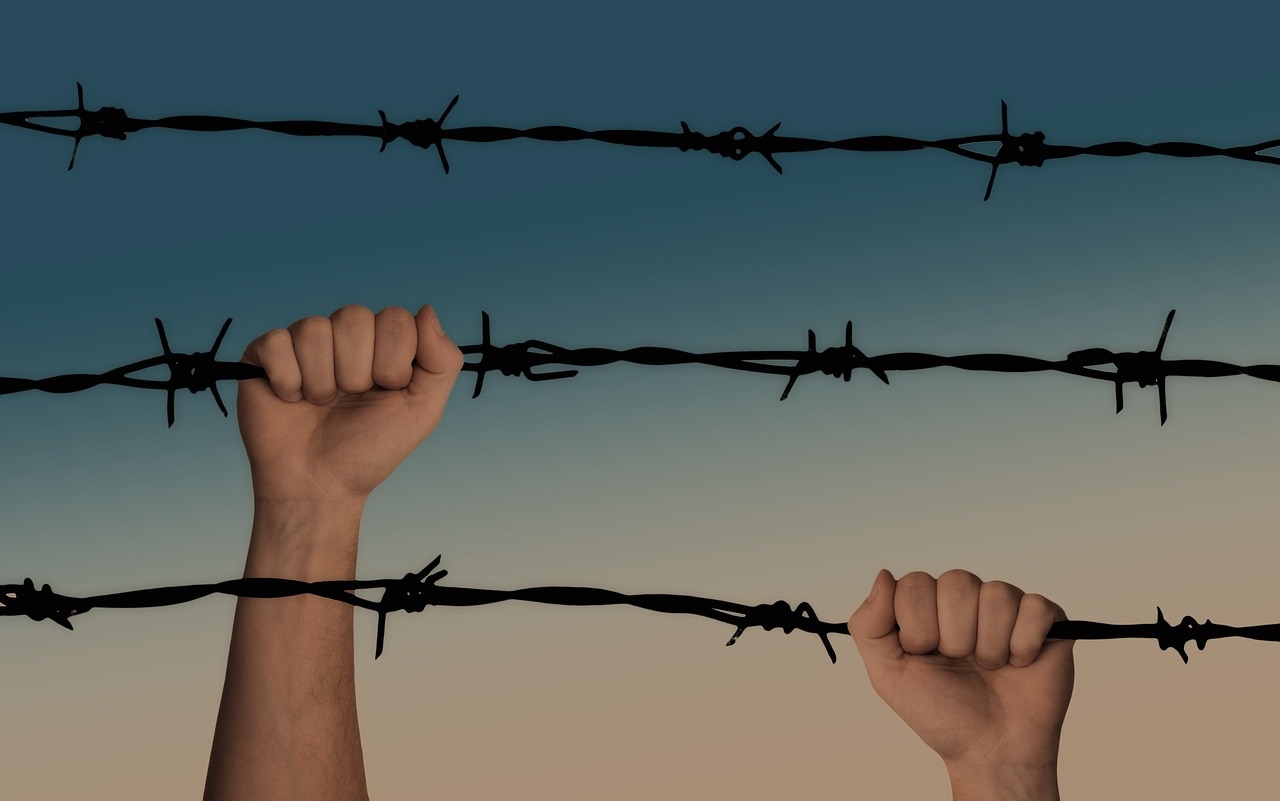The #MeToo movement has drawn attention to much horrific male behavior and deservedly has received much coverage. The Kavanaugh hearings also brought forth a torrent of discussion of what is sometimes called toxic masculinity. Headlines and social media posts about sexism, sexual assault, and men’s general piggishness abound. The harmful effects of misogyny, male boorishness and violence, and the meanings of “masculinity” are extremely important issues, given the millions of women who are hurt, often brutally.
But, when it comes to talking about men’s problems, is male bad behavior and attitudes toward women all that most liberal media and progressives can talk about?
The conventional wisdom is that men are the problem. Yet, the reality that tens of millions of men face and suffer from a host of largely male-specific problems is strangely off limits for discussion.
Fifteen to 20 million men have abandoned work (or work has abandoned them). Nearly 10 million fathers don’t see their children. Millennial men are doing significantly worse than their counterparts a generation earlier and than women of their cohort. At least 17 million formerly incarcerated men have bleak prospects for a decent life. Health and mental health problems among men are soaring. Men bear the brunt of opioid, heroin, and alcohol addiction. Life expectancy is declining among the majority of American men. Many men are lonely or disengaging from society. Men too are victims of intimate partner violence (but very rarely sexual assault or rape). Many are angry—with women, employers, government, and “the system.” And men are struggling with what it means to be a man and what their roles as men should be, as they are bombarded by conflicting messages.
Yes, by many measures, women in the United States and throughout the world still get the short end of the stick—despite the impressive victories of female candidates and the fact that nearly three out of five college graduates are women. However, the fact that women, on average, are worse off than men in many ways does not mean that we should ignore the reality that many men are doing poorly and live lives beset by major difficulties. Do we ignore poverty in the United States because poverty is worse in Bangladesh or Congo?
Liberals, ever since the Enlightenment, have professed values of eradicating, or at least alleviating, suffering and injustice among all people. “Injustice anywhere is a threat to justice everywhere,” as Martin Luther King said. Hardship among any people is a threat to the well being of all people.
Some conservatives take up the mantle of pointing out difficult issues facing many men—some, very thoughtfully; others, as a sotto voce way to bash women and feminism. Yet, why do most liberal media and most who claim to be liberals so assiduously avoid talking about problems among tens of millions of American men—especially since they also affect women, children, and society?
The short answer could be that it’s not politically correct. It would defy the conventional wisdom, which economist John Kenneth Galbraith acerbically defined as “ideas which are esteemed at any time for their acceptability,” and are “an act of affirmation like reading aloud from the Scriptures.” Men—including liberals—are also loath to talk about their problems because of traditional masculine norms that they toughen up.
Forthright, thoughtful discussion of how all too many men are on the sidelines of American life is likely to elicit jeers, if not wrath, from many putatively liberal women and a liberal commentariat that largely sings from the same choir book. The very idea that men could have problems deserving of societal attention seems heretical to those who believe that men are the oppressors.
Nonetheless, many American men, particularly young men and formerly incarcerated men, need help getting into the labor force and achieving at least a modicum of economic success. Single moms are heroic, but children need their fathers and fathers need their children; as Margaret Mead said: “Every known human society rests firmly on the learned nurturing behavior of men.” Men disproportionately need help with addictions, alcoholism, loneliness, anger, violence, and their much greater propensity to commit suicide.
Men also need a much better roadmap to accept gender equality without being dissed for exhibiting “manly” qualities. As the great French feminist Simone de Beauvoir said, gender equity does not need to preclude recognizing any differences between men and women.
“Listen liberal,” the author Thomas Frank said. If you believe, as I do, in promoting the well being of all people and going after suffering and harm affecting any people, other liberals should pay attention to men’s, as well as women’s, problems.




